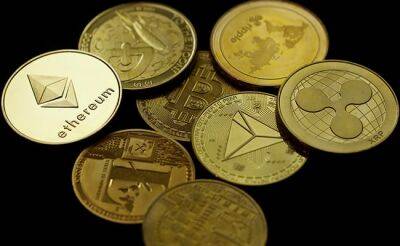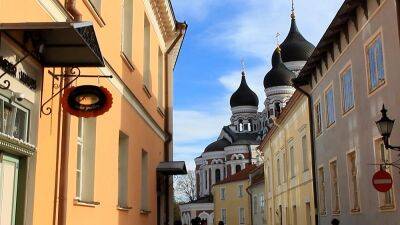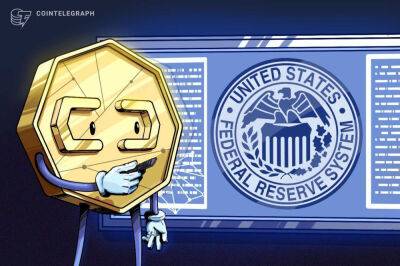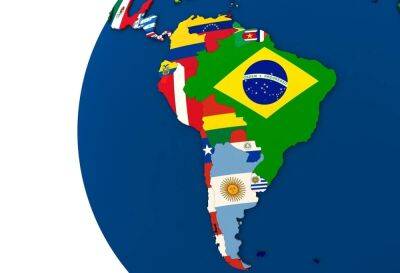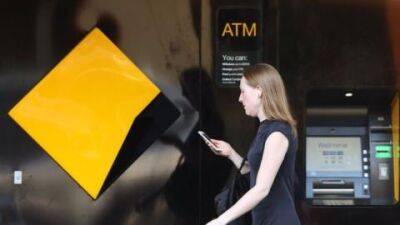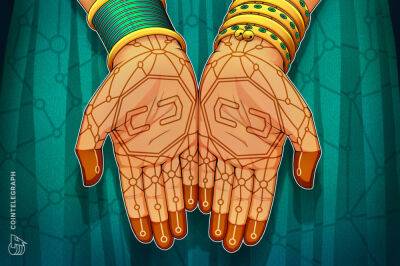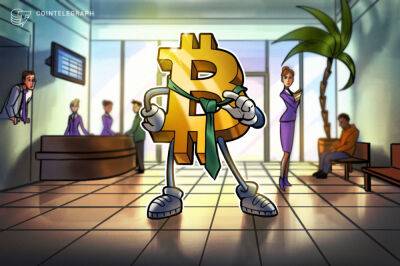Crypto is starting to lose its cool – just look at El Salvador
To its evangelists, bitcoin is a frictionless, empowering form of money that liberates citizens of the world from the shackles of banks and national governments. To sceptics, the cryptocurrency is a tool of kleptocrats and gangsters, environmentally monstrous in its consumption of energy, a digitally glamorised Ponzi scheme whose eventual crash will most hurt those least able to afford a loss.
Confidence may or may not have been enhanced by the unveiling, by President Nayib Bukele, of images of a proposed bitcoin-shaped Bitcoin City in El Salvador, funded with a bitcoin bond, the currency’s logo embedded in the central plaza, a metropolis powered with geothermal energy from a nearby volcano. Bukele, the self-styled “coolest dictator in the world”, a former publicist who wears baseball caps back to front, has already made El Salvador the first country to adopt bitcoin as the official currency. “The plan is simple,” he said. “As the world falls into tyranny, we’ll create a haven for freedom.”
Leaving aside the worrisome Pompeii vibe of the city’s location, some shine has come off the president’s vision with the news that the country’s investments in cryptocurrency have lost 45% of their value, that it scores CCC with the credit rating agency Fitch, and that the perceived risk of its bonds is up there with that of war-torn Ukraine. And Bukele’s talk of freedom doesn’t sit well with Amnesty International’s claim that his recent state of emergency has created “a perfect storm of human rights violations”.
But why worry about any of this when you have shiny computer-generated images of a fantasy city to distract you?
The use of constructional bluster by populist leaders – Trump’s wall, for example – is not in itself anything new.
Read more on theguardian.com


 theguardian.com
theguardian.com






